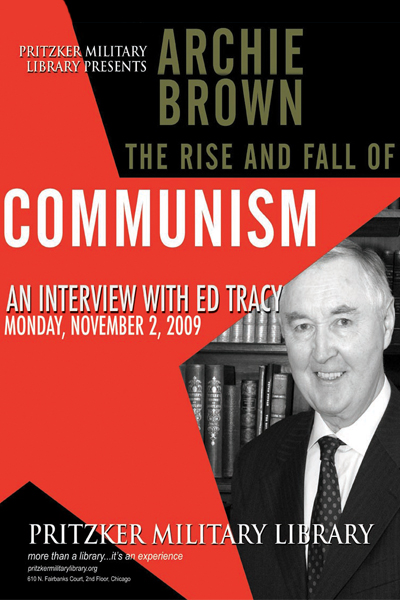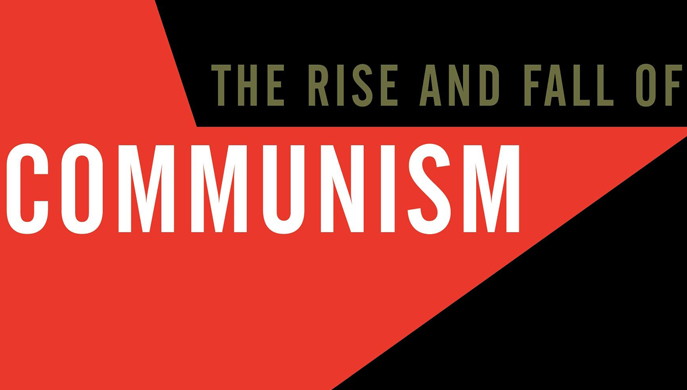
Record date:
Archie Brown: The Rise and Fall of Communism
Once a club of sixteen nations, whose membership ruled nearly half the globe, they are now reduced to five; even as the economic crisis of 2008 offered what seemed like a golden opportunity to re-emerge, they didn’t make a peep.
Where have all the Communists gone?
Archie Brown is Emeritus Professor of Politics at Oxford University and an Emeritus Fellow of St Antony's College, Oxford, where he taught for thirty-four years. He has been Visiting Professor of Political Science at Yale, the University of Texas at Austin, and Columbia University, among other institutions; he was elected a Fellow of the British Academy in 1991, and a Foreign Honorary Member of the American Academy of Arts and Sciences in 2003. He has written and edited eighteen books, most concerned with Soviet Communism. His book The Gorbachev Factor won the W. J. M. Mackenzie Prize for best political science book of 1996 and the Alec Nove Prize of the British Association for Slavonic and East European Studies.
In The Rise and Fall of Communism, Brown summons decades of study into one volume, from the early roots of Marxism and to the present day, where he notes that – even in its reduced state – more than a fifth of the world’s population still lives under nominally Communist rule. Brown charts the differences in how the system was enacted by various countries, and the accordingly frosty relations between its two world powers, the Soviet Union and Mao’s China; he also notes the characteristics of smaller, dependent countries that lasted, like Cuba and North Korea, and ones that collapsed or never took hold at all, in eastern Europe and Africa.
But Brown’s most comprehensive account is reserved for the birth, history, and downfall of the Soviet Union. Why, for several decades, did Communism work so well there? When it fell, did the decisive forces come from outside – such as President Reagan and the election of Pope John Paul II – or were there more significant fissures and factors within the party’s monolithic facade? And why have Communist nations such as China and Vietnam proven more resilient while the movement’s first and most influential state collapsed?










